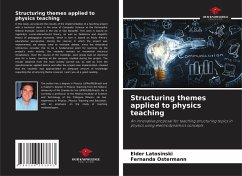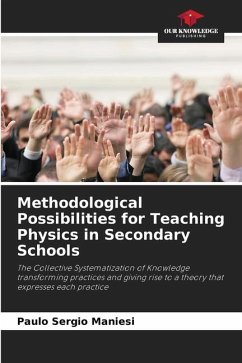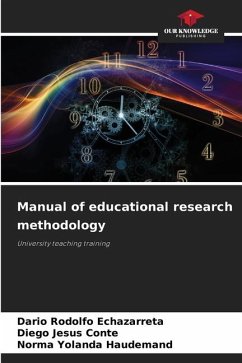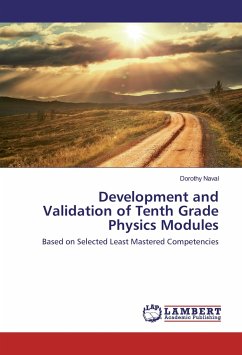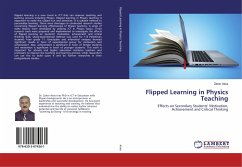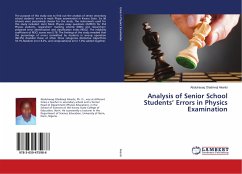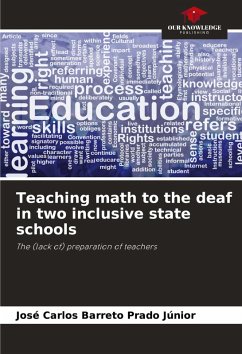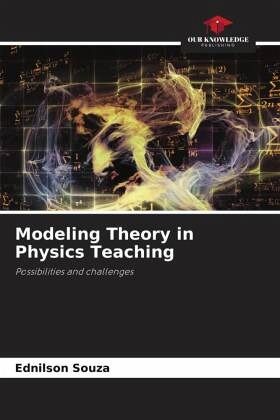
Modeling Theory in Physics Teaching
Possibilities and challenges
Versandkostenfrei!
Versandfertig in 6-10 Tagen
37,99 €
inkl. MwSt.

PAYBACK Punkte
19 °P sammeln!
This book aims to investigate David Hestenes' Modeling Theory and its application in physics classes. Modeling Theory considers that people create mental models to plan and to guide their interactions with the real world. However, mental models created from everyday life experiences are generally incompatible with the conceptual models of school. Thus, it is argued that the fundamental problem in learning and understanding in science and mathematics is coordinating mental models with conceptual models. Based on the empirical results, it is possible to conclude that Modelling Theory has importa...
This book aims to investigate David Hestenes' Modeling Theory and its application in physics classes. Modeling Theory considers that people create mental models to plan and to guide their interactions with the real world. However, mental models created from everyday life experiences are generally incompatible with the conceptual models of school. Thus, it is argued that the fundamental problem in learning and understanding in science and mathematics is coordinating mental models with conceptual models. Based on the empirical results, it is possible to conclude that Modelling Theory has important implications for the classroom, especially for organizing subject content around general models, for using different representations to communicate thoughts and actions and for encouraging discussions and debates between groups of students. However, it was found that its application demands some challenges, especially in choosing problems that can be modeled and in carrying out investigations.





